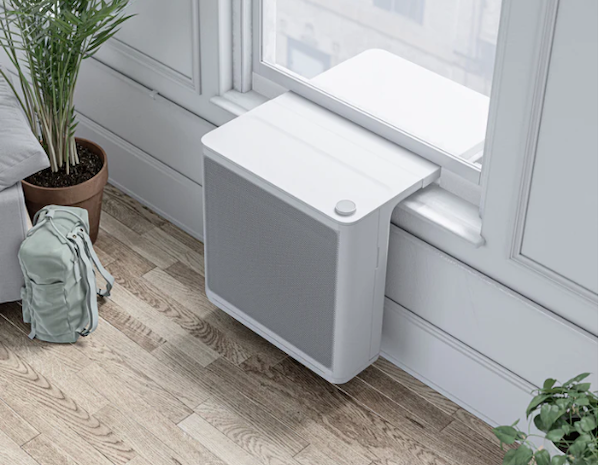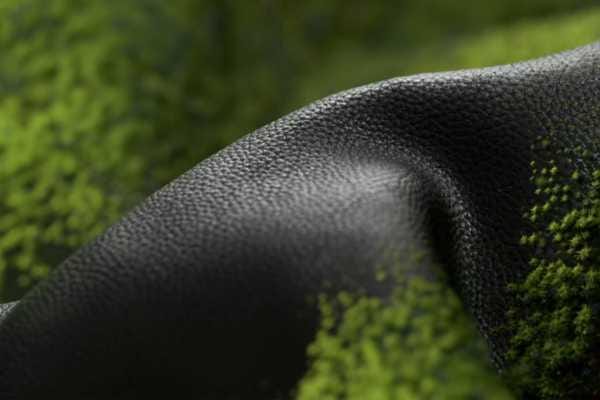Heat pump 2.0 serves up cleaner home comfort
Will 2024 be the year that the humble heat pump emerges as a foolproof home heating upgrade?

As the race to rip out old heating, cooling and hot water appliances gathers pace, a raft of new entrants to the heat pump sector are poised to fill the gap.
This new breed of consumer-friendly prototypes aim to take the pain out of shifting from aging heating, ventilation and air conditioning (HVAC) systems that contribute heavily to household carbon emissions and running costs.
A large part of this push is coming from governments trying to meet tight carbon reduction deadlines by weaning the mass market off fossil fuels such as oil and gas. Many are also writing legislation to phase out new residential gas installations in an attempt to slash the planet-warming methane it emits.
As an alternative, heat pump technology is being hailed for its lower running costs and energy efficiency as well as having a smaller carbon footprint.
Last year the US Department of Energy (DOE), announced $US250 million of funding to accelerate its progress. One of the key challenges for heat pump technology, however, is a perceived lack of effectiveness in very cold climates.
"DOE’s Cold-Climate Heat Pump Challenge is helping get cost-effective clean energy technology into homes . . . keeping families warm during the coldest months and saving them money."
Hence, part of the DOE's push was the creation of a ‘Residential Cold Climate Heat Pump Technology Challenge’ to fast-track the development of heating units suited to sub-zero weather conditions. This month it announced that four new heat pump prototypes had passed muster for this purpose.
“By supporting industry advancements, DOE’s Cold-Climate Heat Pump Challenge is helping get cost-effective clean energy technology into homes across America –keeping families warm during the coldest months and saving them money,” says Jennifer Granholm, US Secretary of Energy.
Governments that are committed to reducing their climate impact are also offering financial subsidies and incentives to encourage consumers to install heat pumps. Late last year the UK government revealed that heat pump applications had surged following an increase in government grants for installing the technology.
But while these initiatives may prompt some homeowners to make the switch, the technology remains mystifying to many with its reputation for high upfront costs and complex installation. It has also been inaccessible to those renting or living in high-rise accommodation.
In 2022 New York City Housing Authority (NYCHA) decided to redress this imbalance and decarbonise public housing buildings via a $US70million ‘Clean Heat for All Challenge’ to kick start the evolution of solutions.
A new generation of window heat pumps
The winners of the NYCHA challenge were heat pump manufacturer Midea and San Francisco startup Gradient, which each developed standalone window-mounted heat pump units with a smaller footprint to help the public housing residents control heating and cooling.
Gradient was founded by thermal scientists and engineers hailing from companies such as Tesla and Nest. The installation of its New York window units began in November last year, with more general availability of the units expected later this year.

“We are reimagining the HVAC industry by building products that keep homes comfortable and healthy for the people who inhabit them, without compromising the environment,” says Vince Romanin, Gradient Co-Founder and CEO.
Other new entrants preparing to roll out electric heat pump prototypes and solutions to market over the coming year include:
⦿ Electric Air with an all-electric climate control system that includes HEPA filtration, and is currently available to preorder in the US.
⦿ Quilt, founded by three former Google executives, has developed an AI-driven ductless heat pump system for the home that provides room-by-room temperature control and is due for release later this year.
⦿ Aira, founded in Sweden, has plans to disrupt the heating and cooling market with a subscription service for customers who sign up for its heat pump as part of an all-inclusive plan that eliminates upfront costs for installation. The company’s 10-year performance and product guarantee offers “20°C comfort” year round and it is in the process of expanding its subscription service to Italy, Germany and the UK.
Heat pumps can be used for efficient home heating and cooling across a wide spectrum of weather conditions and are also being installed to replace traditional domestic water heaters. Rather than generating heat directly, heat pumps generally make use of evaporation, compressor and condensing processes (acting as a refrigerator in reverse) and work with the natural movement of heat (thermal energy) extracted from the air to efficiently transfer warmth to a cool space and vice versa. There are many different types of heat pumps in the market, each designed for specific applications. They include air source heat pumps, hot water heat pumps and larger scale geothermal heat pumps that use the stable underground temperature as a heat source during winter and a heat sink in summer.





